Optimal Timing for Water Treatments
Water treatments are essential for maintaining water quality and ensuring the longevity of plumbing systems. Proper timing of treatments can optimize efficiency, reduce costs, and prevent issues such as corrosion, scale buildup, and microbial growth. The optimal time for water treatments depends on seasonal changes, water usage patterns, and specific water quality concerns.
Spring and fall are ideal for comprehensive water treatments to address seasonal water quality variations and prepare systems for peak usage periods.
Perform water treatments before the start of high-demand seasons to prevent buildup and ensure system efficiency during peak usage.
Regular water testing and treatments should be scheduled annually or biannually based on water quality reports and system needs.
Treatments should be timed when water analysis indicates increased levels of contaminants or mineral deposits.
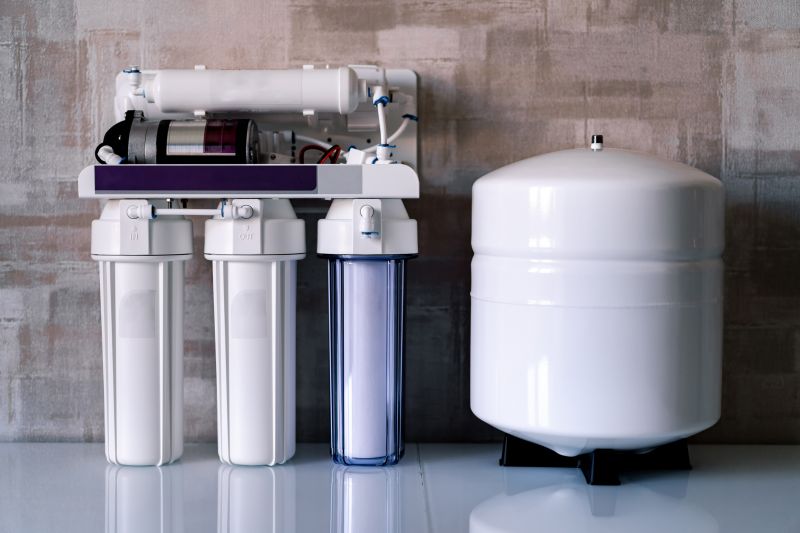
Filtration and chemical treatment methods are often used during scheduled maintenance periods.
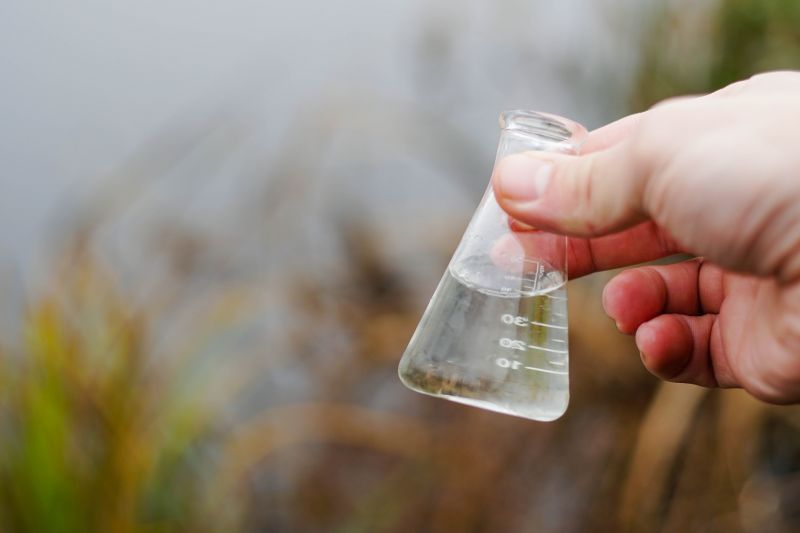
Regular testing helps determine the best timing for treatments based on water quality data.

Visual and technical inspections are recommended before scheduling treatments to identify potential issues.
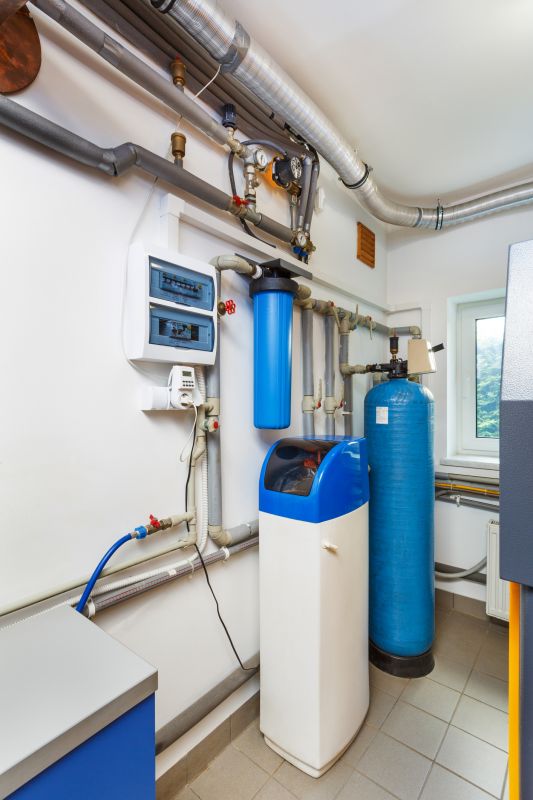
Ways to make Water Treatments work in tight or awkward layouts.
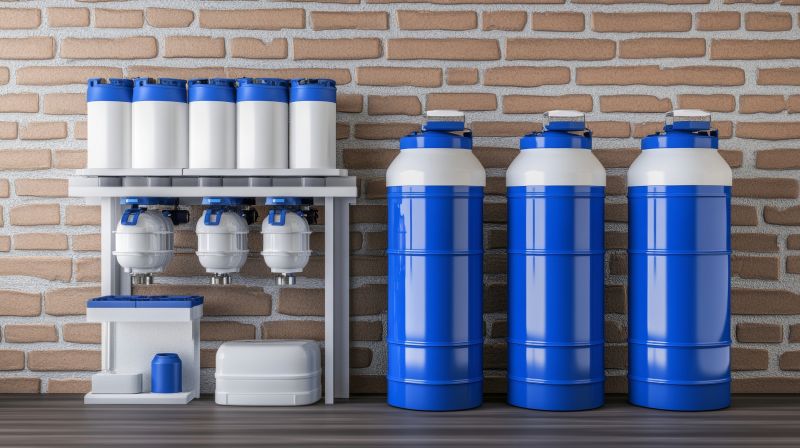
Popular materials for Water Treatments and why they hold up over time.
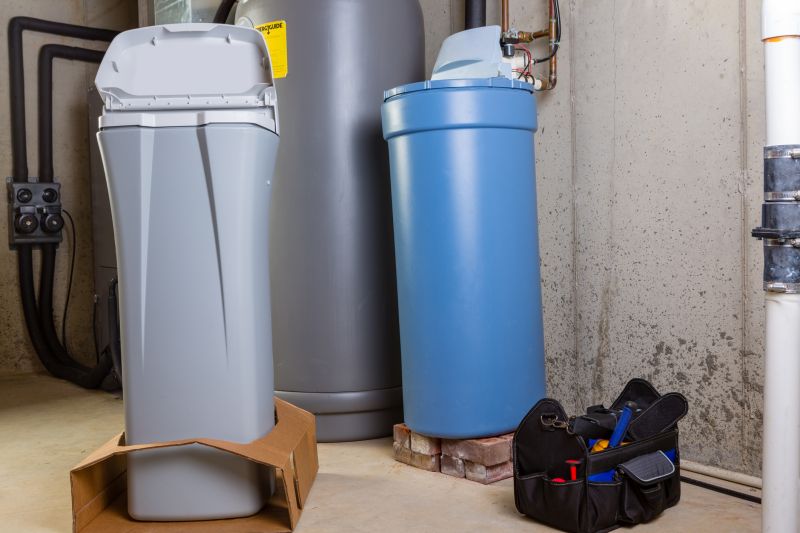
Simple add-ons that improve Water Treatments without blowing the budget.
| Timing Aspect | Details |
|---|---|
| Seasonal Changes | Spring and fall are optimal for major water treatments. |
| High Usage Periods | Treatments should be scheduled before peak water demand. |
| Water Quality Reports | Timing based on laboratory analysis of water samples. |
| System Age | Older systems benefit from more frequent treatments. |
| Maintenance Schedule | Align treatments with routine maintenance for efficiency. |
Water treatments involve various methods such as filtration, chemical dosing, and system flushing to improve water quality and protect plumbing infrastructure. Proper timing ensures these processes are most effective, reducing mineral buildup, removing contaminants, and preventing microbial growth. Statistics show that routine water treatments can extend system lifespan by up to 30 percent and decrease repair costs significantly.
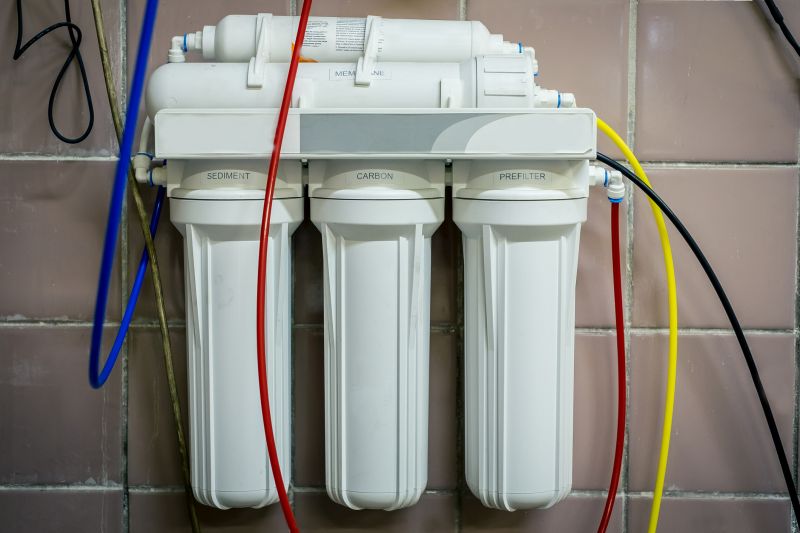
Installed during scheduled treatments to remove sediments and impurities.
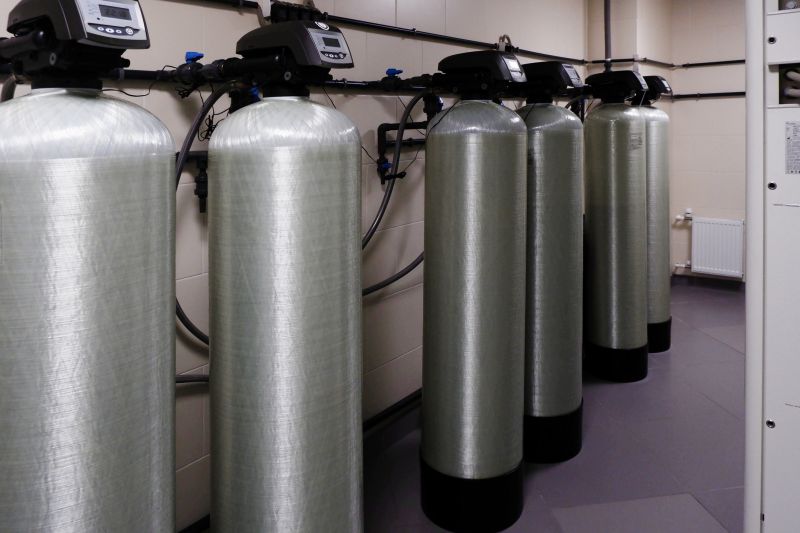
Applied at optimal times to prevent scale and corrosion.
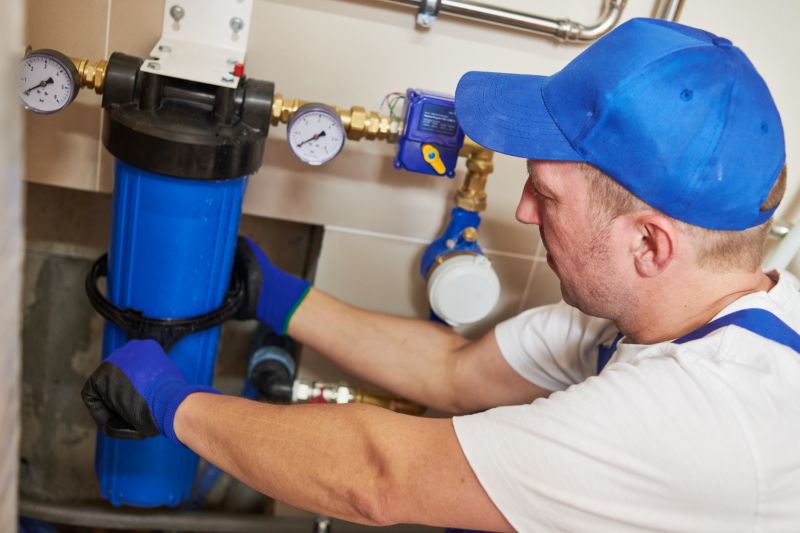
Conducts analysis to guide treatment timing.
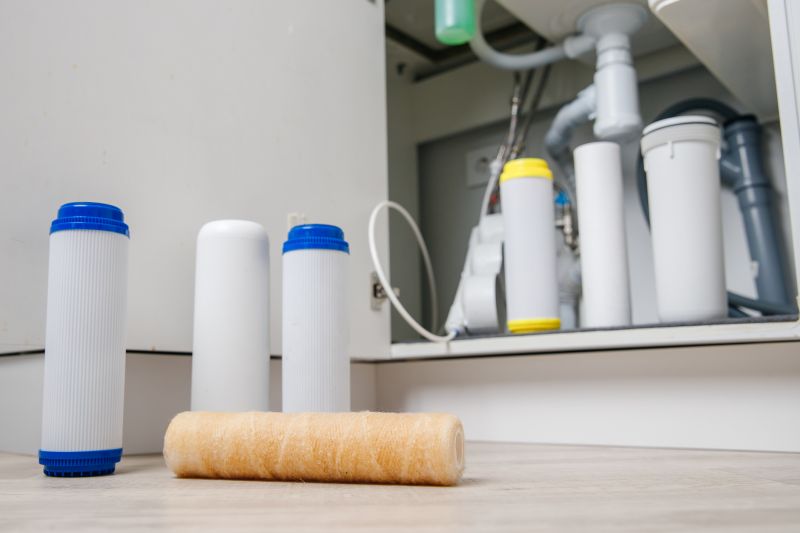
Performed periodically to clear buildup and improve flow.
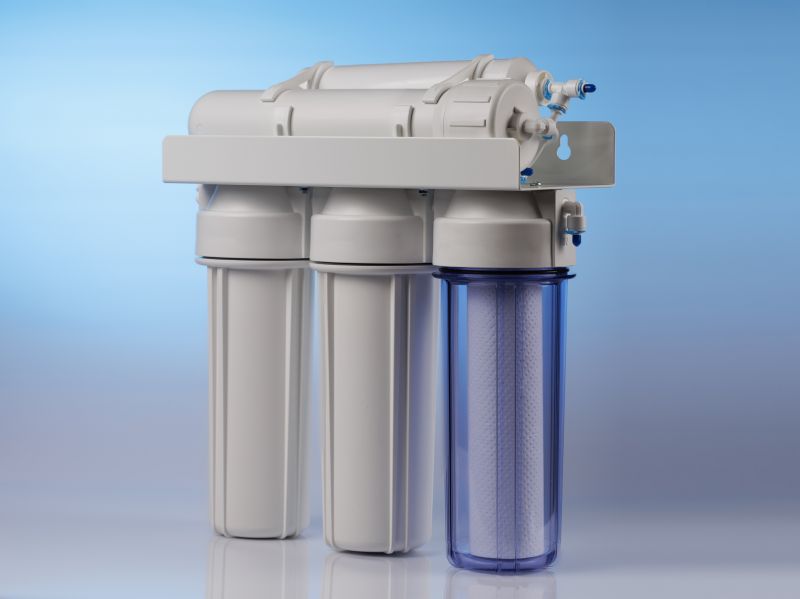
High-end options that actually feel worth it for Water Treatments.
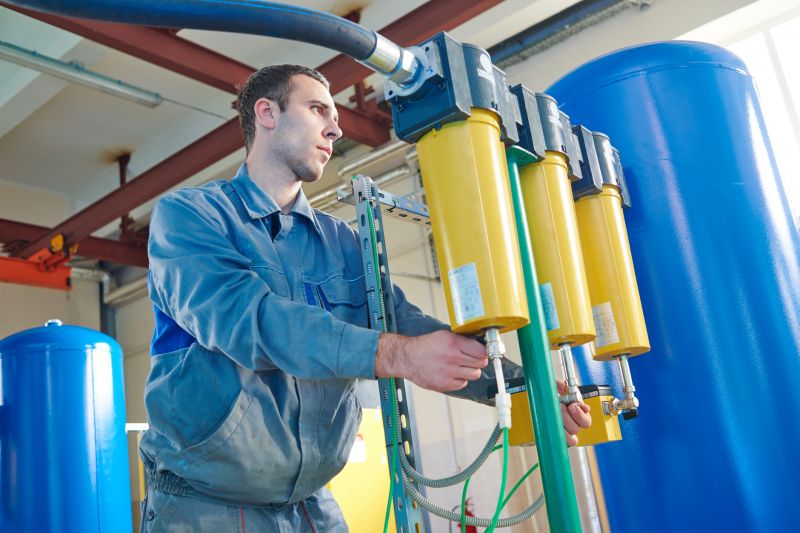
Finishes and colors that play nicely with Water Treatments.

Little measurements that prevent headaches on Water Treatments day.
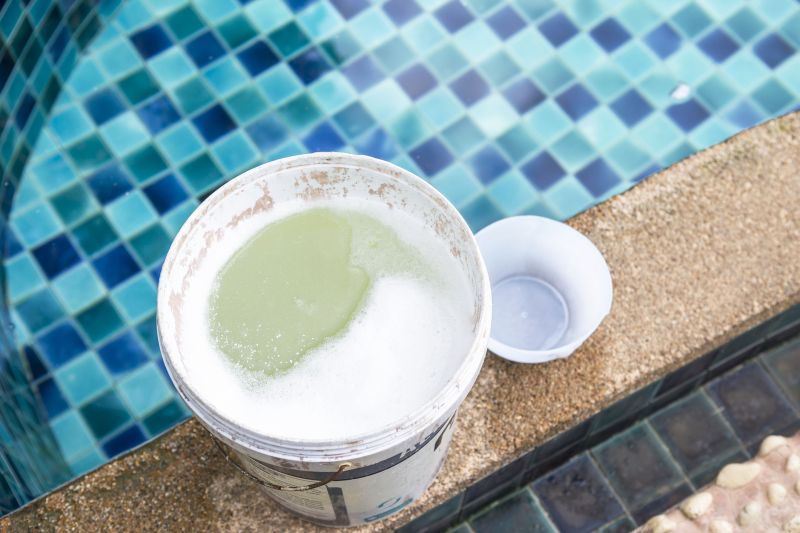
A 60-second routine that keeps Water Treatments looking new.
Timely water treatments are critical for maintaining water system performance and safety. Regular assessments and adherence to recommended schedules help prevent costly repairs and ensure water quality standards are met. If interested in scheduling water treatments, it is advisable to contact a professional to determine the most suitable timing based on specific system conditions.


